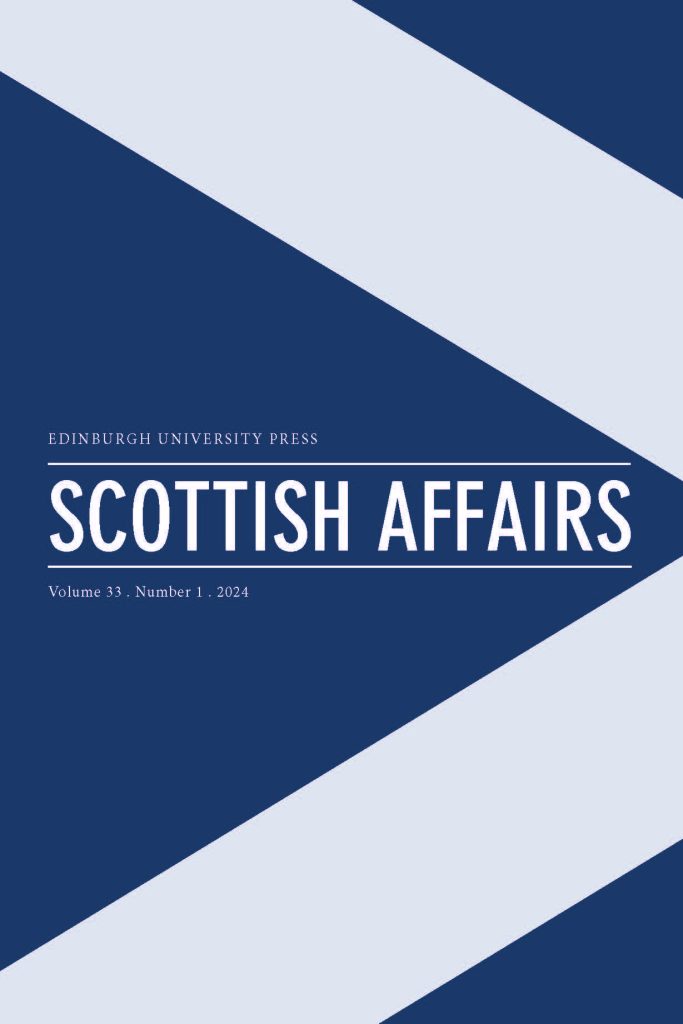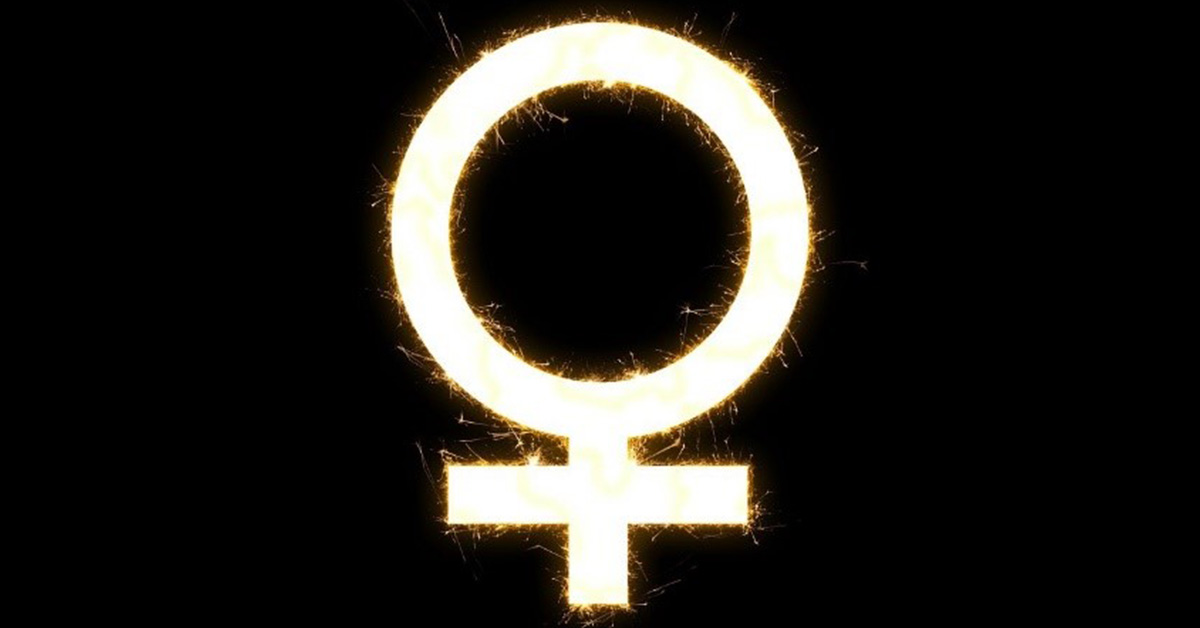
by Dr Helen O’Shea and Prof Kim Barker
International Women’s Day: an important day to mark, recognise, and observe women’s achievements…but we’ve had our fill of hashtags.
So another one rolls around again and we can expect the usual avalanche of hashtags that will centre around this year’s so-called ‘official’ International Women’s Day theme with its call to ‘Inspire Inclusion.’
It’s worth stopping for a moment and asking why it is that the privately-owned internationalwomensday.com website, whether well-intentioned or not, ends up disproportionately influencing what each year’s supposed global-wide campaign theme is, with all the potential ramifications this has. It seems just because the website ranks first on any Google search for ‘International Women’s Day,’ a growing number of people and organisations use this theme, chosen by the management consultancy who owns the website, and its corporate partners, rather than using one from an international body, that is, the UN Women’s official International Women’s Day theme.
I’m not sure having a single day to celebrate women is right but, regardless, there is a real risk that the hashtag-focused theme of ‘Inspire Inclusion’ – splendent with a heart-shaped selfie pose suggestion ready for your social media channel of choice – yay! – crowds-out the UN’s far more concrete, purposeful International Women’s Day theme of ‘Invest in Women. Accelerate Progress.’1
To counterbalance this broader trend of diluting and demeaning the meaning of International Women’s Day, in some small way at least, and to initiate more meaningful debate, we’ve guest edited the most recent edition of Scottish Affairs. In doing so, we have been lucky enough to gather diverse women’s voices to contribute on whatever theme they saw fit, from gender budgeting to online violence against women, from the silencing of marginalised women in public life to the structural barriers to women’s political representation as elected parliamentarians. Each article reveals a Scotland at a crossroads, where further progress in terms of gender equality and social justice is in severe doubt. Though many women reading this blog will feel this too, it still matters that we cast light on these issues and foreground them when it has historically been all too easy to silence them.
In the introduction for this edition, we acknowledged the voices that were absent, a direct consequence of the disproportionate responsibility women still bear for unpaid work, and especially for those with caring responsibilities both for young children and aging family members. For those juggling a career on top of these commitments, too many workplaces remain as spaces where women still face discrimination and exclusion.
Recent UK figures for 2023 reflect a potentially problematic trend, whereby women chief executives were either fired or quit at a record rate, according to the leadership recruitment firm Russell Reynolds.2
While it remains unclear the degree to which these high-profile figures felt forced to quit due to the visibility of their positions, as Kim Barker articulates in her article in the special edition, the rise in women in politics and public life has seen a parallel increase in the levels of online violence, abuse, and harassment in Scotland. The extent to which this also impacts women in leadership positions in other sectors is yet unclear, all the more important then that the rationale behind these figures is further explored and debated.
As for life for women after work, in retirement the gender pension gap remains vast. New data released this month by the Pensions Policy Institute (PPI) has revealed a huge disparity in retirement savings between men and women in the UK, revealing that women would have to work for an additional 19 years to close the current gender pension gap.3
But they’re the luckier ones it seems, those women that have managed to continue working that is, if recent figures on the cost of being a parent today from Pregnant Then Screwed are taken on board. Their data from October 2023 uncovered that two-thirds (65%) of parents in Scotland are leaving the workforce or reducing their hours due to a perfect storm of rising costs and reduced availability of childcare providers due to underfunding.4 A disproportionately high number of these parents will inevitably be women due to the gender pay gap. The charity also uncovered that the majority of mothers who are cutting their maternity leave short are doing so due to financial hardship, with just 1 in 4 mothers able to take their full maternity leave entitlement.
As Joeli Brearley, CEO and founder of the charity commented, “We have some of the lowest rates of parental leave pay in the world. National minimum wage is the legal minimum a person should be paid, yet new mothers are meant to survive on less than half of this amount for 33 weeks, whilst their outgoings remain the same. And, of course, the cost of living crisis is exacerbating this issue”.5
Given the immense contributions women have made to all aspects of life in Scotland, particularly in leading the charge for equality, it is particularly dispiriting that we are – yet again – faced with so-called celebrations to mark women (for one day of the year at least) without the necessary accompanying action. This at a time when we are increasingly forced out of high-profile and public positions and still juggling more of the caring responsibilities. Having been what feels like being short-changed twice, we are quite literally short-changed a third time by not having a reasonable pension after a life of service, even where that service amounts to a financial penalty.
Rather than superficial gestures towards equality, it is more vital than ever that International Women’s Day becomes again a day that really matters to us, where difficult topics are thrashed out and where reductive hashtags and selfies no longer smother this process. While marking the contributions and value of women, it is essential this day serves too as a way to continue the fight for what is seemingly ever-more out of reach – substantive equality across all areas of life.
1 Based on the priority theme for the United Nations 68th Commission on the Status of Women, the work around the UN’s ‘Invest in Women. Accelerate Progress’ theme will focus on the pathways to greater economic inclusion for women and girls everywhere.
2 Personnel Today (Accessed 26 February 2024).
3 Pension Policy Institute (Accessed 24 February 2024).
4 Pregnant Then Screwed (Accessed 25 February 2024).
5 Ibid.
About Scottish Affairs

Scottish Affairs is Scotland’s longest running journal on contemporary political and social issues and is widely considered the leading forum for debate on Scottish current affairs.
Sign up for TOC alerts, subscribe to Scottish Affairs, recommend to your library, and learn how to submit an article.
Sign up to our mailing list to keep up to date with all of our free content and latest releases





